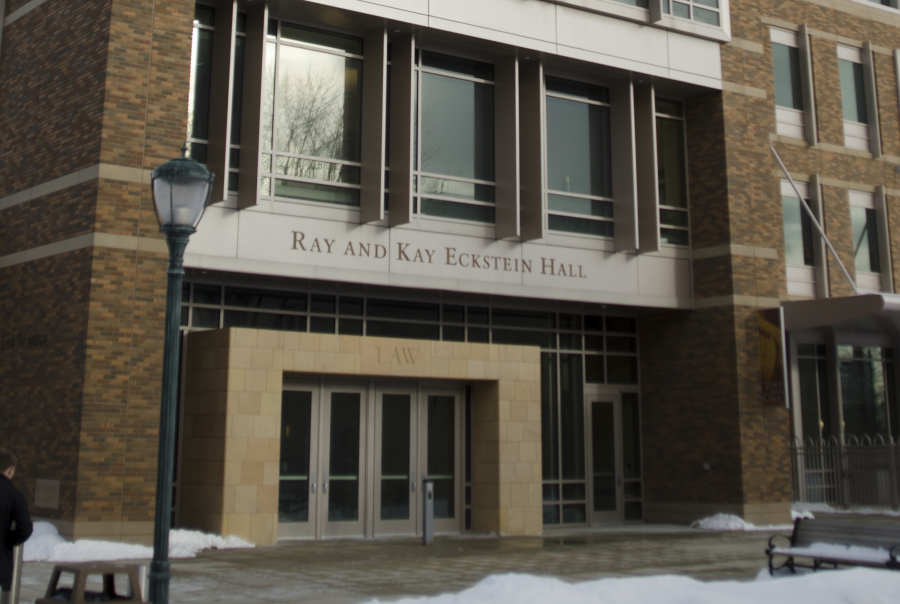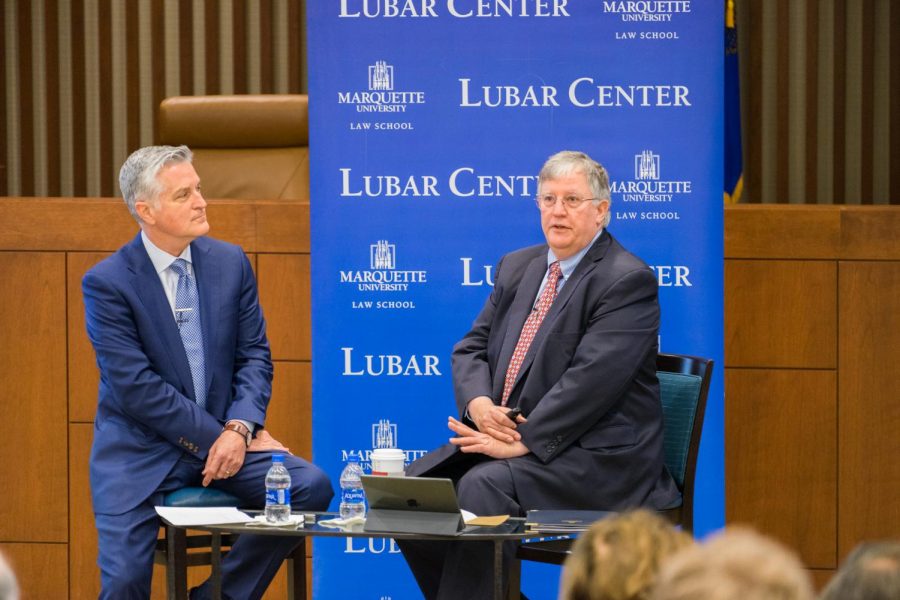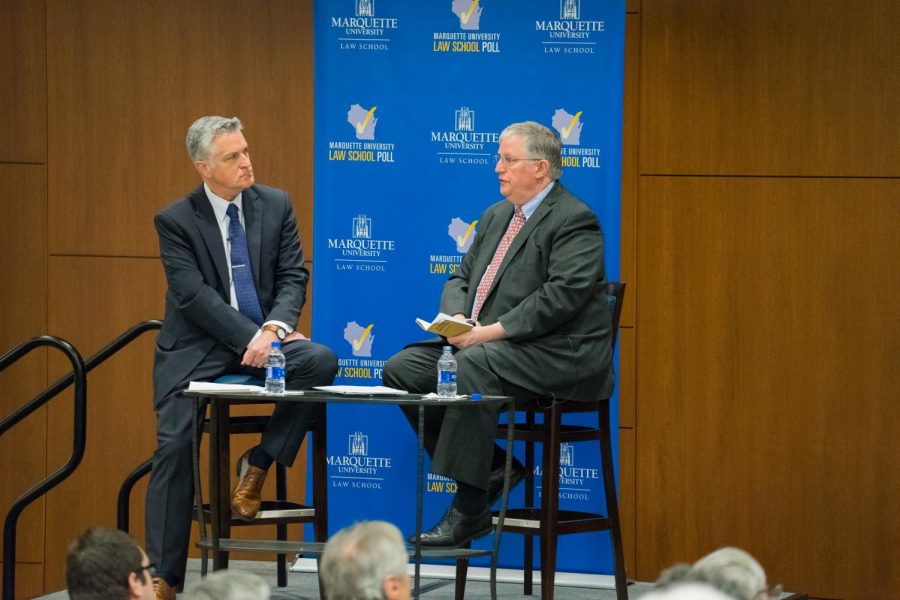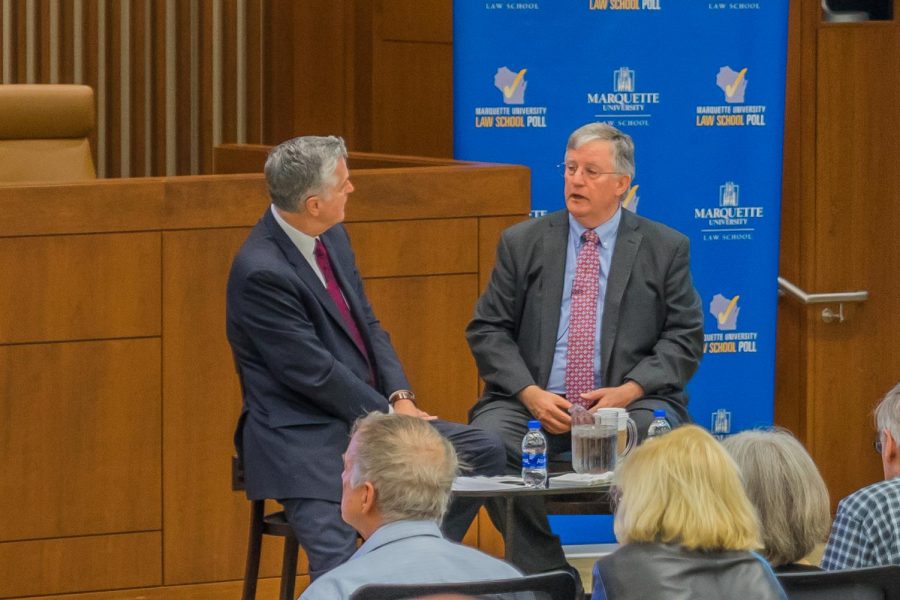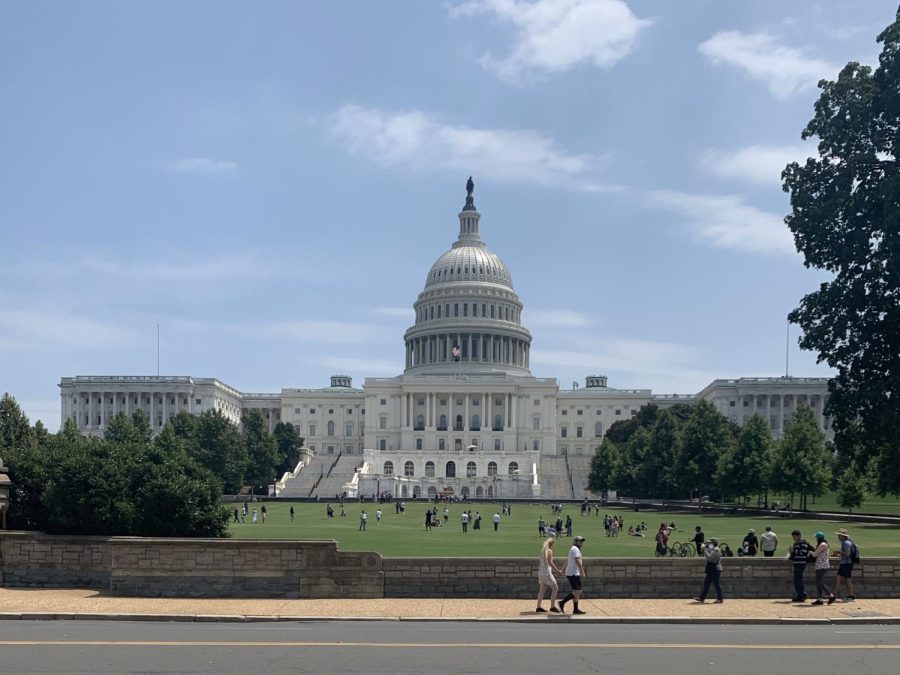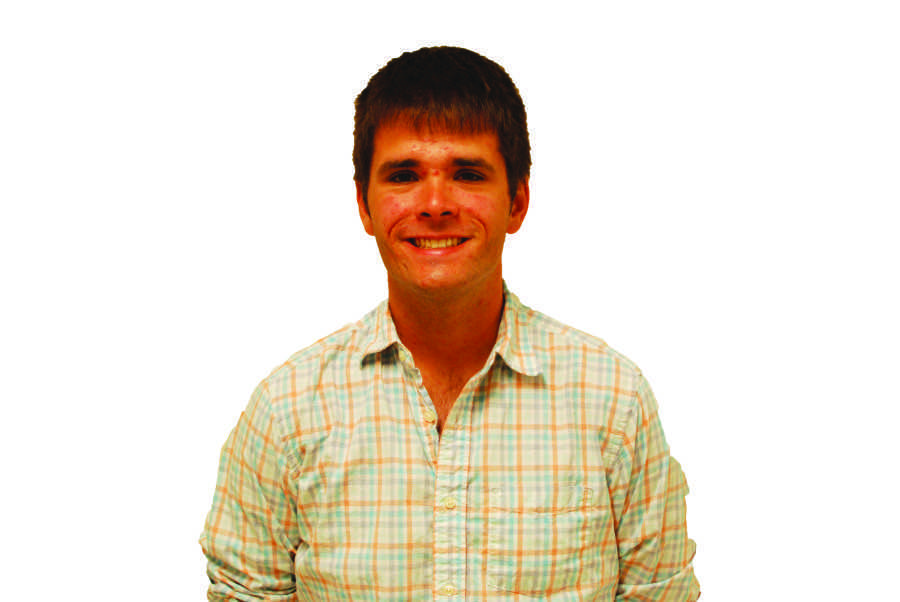As President Barack Obama makes the rounds to college campuses in North Carolina, Iowa and Colorado to mobilize young voters, a recent Gallup poll shows that his overwhelming support from young people may not translate into votes.
According to a phone survey conducted by Gallup from April 20 to 24, people aged 18 to 29 in the U.S. support Barack Obama over former Massachusetts Gov. Mitt Romney for president, 64 to 29 percent, but these supporters are also the least likely to be currently registered to vote and are the least likely to vote.
Overall, Obama leads Romney in the polls, 49 to 43 percent. That gap gets smaller, however, as the age of voters increases. Obama leads by 4 and 5 points among those 30 to 49 and 50 to 64, respectively. Among those 65 and over, Romney leads Obama by 12 points, 52 to 40.
John Heflin, a senior in the College of Arts & Sciences and an intern with the pro-Obama group Organizing for America, said it’s too soon to tell how college students will vote at the polls in November.
“Organizing for America is focused on talking with college students directly, and discussing how the president is fighting to help young Americans,” he said. “In my conversations with students, his accomplishments are resonating on campus. Come November, I believe that college students will prove this poll wrong.”
While it’s no surprise that college-aged voters are less likely to turn up at the polls on election day, even small support groups can make a difference in an election. Romney has an advantage in his high levels of support from people aged 65 and over, 92 percent of whom are registered to vote.
Chris Stewart, a junior in the College of Arts & Sciences and political science major, said that while many students he knows are registered to vote, he doesn’t know whether they will actually get to the polls come election day.
“I don’t get as much time to keep up with those issues as I’d like to because of schoolwork and everything,” Stewart said. “I know a lot of my friends have that problem as well.”
Stewart added that being uninformed can also inhibit students from voting.
As the election nears, both sides continue to try to appeal to college students. In a rare show of bipartisanship, Romney and Obama have both spoken out against the possibility of interest rates being raised on federal student loans.
Despite some being critical of candidates pandering to young voters, Derek Merten, a senior in the College of Business Administration, disagreed.
“Candidates try to sway college students to some degree, but more often than not, I don’t think they really care,” he said. “It’s been my experience that candidates care more about the groups who are actually going to go vote, usually older adults with careers.”
Julia Azari, an associate professor of political science at Marquette, said younger voters may be less energized about Obama’s campaign in 2012 than in 2008.
“My understanding is that the importance of the youth vote was often overestimated by media in 2008,” she said. “We will expect to see some efforts to get young voters to the polls, but the campaign would be wise to diversify its turnout efforts, focusing on a variety of groups that are likely to vote Democratic, not just the 18 to 29 demographic.”


